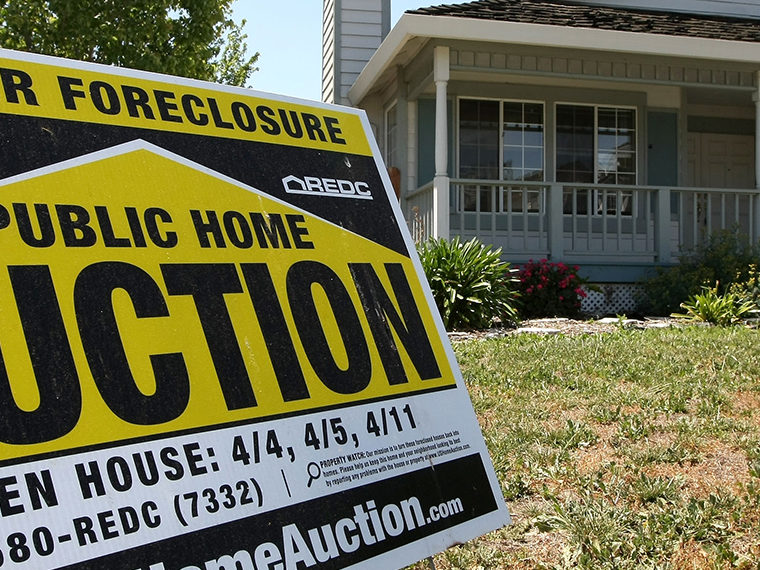Investors who don’t occupy a home are likelier to delay for top dollar
Given that home equity typically represents a serious chunk of a household’s net worth, the stakes are highly consequential when contemplating selling. While some decisions to sell are driven more by non-economic factors (a job relocation, for example), for many people, timing the sale to extract maximum value is important.
Cornell University’s Nicolas Bottan and UCLA Anderson’s Ricardo Perez-Truglia find that the urge to get top dollar is strong enough that, even among households that have already listed a home for sale, the probability of actually pulling the trigger and making a deal declines when the prospective seller is presented with the prospect that the home’s value will continue to rise over the next 12 months.
Bottan and Perez-Truglia set out to create a real-world lab by contacting homeowners who had recently listed a home for sale in the spring of 2019. They sent letters to tens of thousands of homeowners containing information on local home prices. Some prospective sellers merely got a notice showing the current median price of homes like theirs in the area. Others saw the price trend over the past year or two years. And three other groups of sellers were sent a one-year price forecast with varying degrees of potential upside over the coming 12 months, based on models that used ZIP code-level Zillow price data from 2007 to 2019. (A small percentage of ZIP codes had experienced price declines.)
The home listers were sent a letter by snail mail that explained the project. It was on official UCLA letterhead and the nonprofit postage further signaled it was legitimate research.
The researchers’ goal was to track the extent to which that price information impacted actual sales. Bottan and Perez-Truglia accumulated a pool of nearly 57,000 homeowners across 36 counties in seven states, for which they had access to property transaction details.
The average property was 3-bedroom, 2.6 bathroom, 2,300 square feet and listed at $575,000. The homes had been on the market for nearly three months at the point the letter arrived. The examples below are from Fort Lauderdale, Florida.
The researchers then tracked actual sales data over the next 28 weeks. (They sent the letters out in mid-June 2019 and tracked transaction data through year end.)
Bottan and Perez-Truglia computed what they characterize as a conservative estimate: a 1 percentage point increase in expected home price caused a 2.45 percentage point reduction in sales probability.
Recognizing that some sales are tied to non-financial considerations, the researchers also combed through data to compare choices made by home listers who lived in the property and those who owned it as an investment.
Among the non-owner occupied, whose sellers would seemingly be most influenced by financial considerations, every 1 percentage point gain in the forecasted price reduced the probability of selling by nearly 4.8 percentage points.
Bottan and Perez-Truglia lay down real-world evidence of the causal relationship between price expectations and market behavior. But basing decisions on future possibilities is always a gamble. Just ask anyone who held on to a house or winning stock last year with the expectation it would sell for a higher price this year.
Featured Faculty
-
Ricardo Perez-Truglia
Associate Professor of Economics
About the Research
Bottan, N., & Perez-Truglia, R. (2020). Betting on the house: Subjective expectations and market choices.






